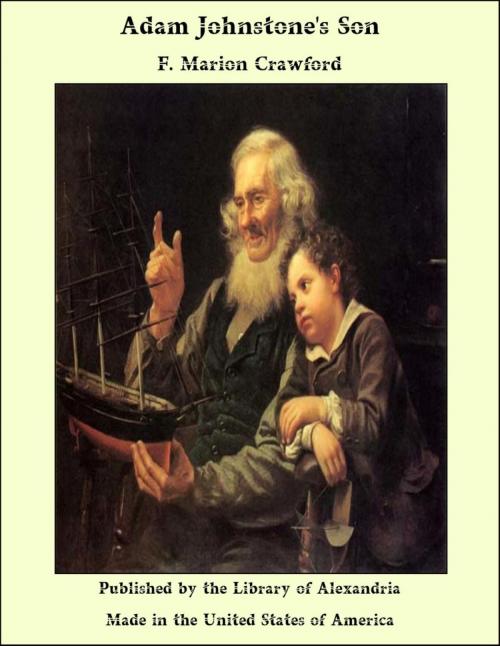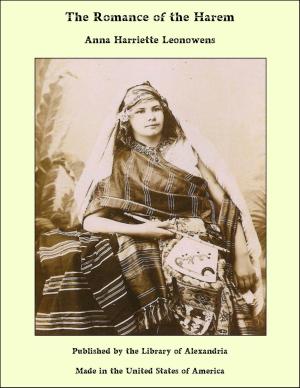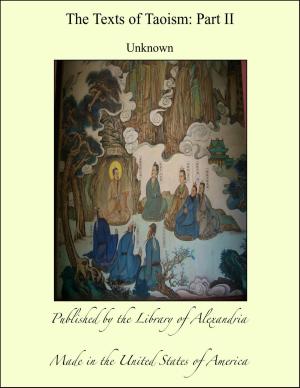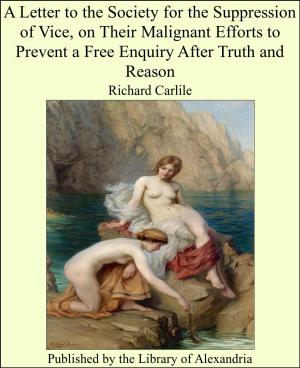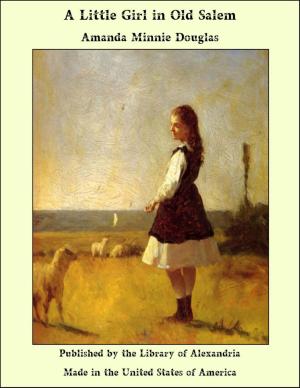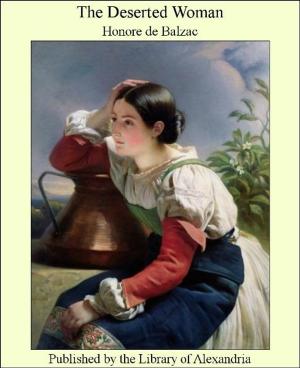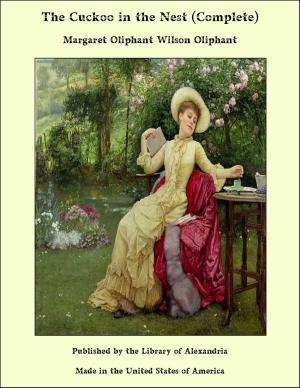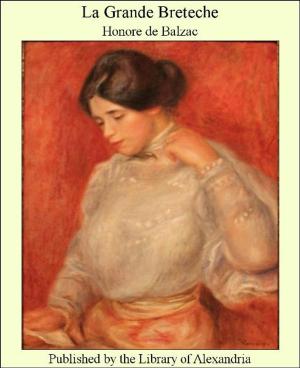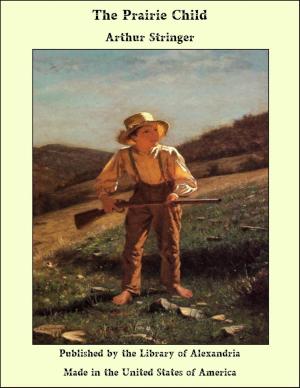| Author: | Francis Marion Crawford | ISBN: | 9781465504111 |
| Publisher: | Library of Alexandria | Publication: | March 8, 2015 |
| Imprint: | Language: | English |
| Author: | Francis Marion Crawford |
| ISBN: | 9781465504111 |
| Publisher: | Library of Alexandria |
| Publication: | March 8, 2015 |
| Imprint: | |
| Language: | English |
“I sometimes think that one’s past life is written in a foreign language,” said Mrs. Bowring, shutting the book she held, but keeping the place with one smooth, thin forefinger, while her still, blue eyes turned from her daughter’s face towards the hazy hills that hemmed the sea thirty miles to the southward. “When one wants to read it, one finds ever so many words which one cannot understand, and one has to look them out in a sort of unfamiliar dictionary, and try to make sense of the sentences as best one can. Only the big things are clear.” Clare glanced at her mother, smiling innocently and half mechanically, without much definite expression, and quite without curiosity. Youth can be in sympathy with age, while not understanding it, while not suspecting, perhaps, that there is anything to understand beyond the streaked hair and the pale glance and the little torture-lines which paint the portrait of fifty years for the eyes of twenty. Every woman knows the calendar of her own face. The lines are years, one for such and such a year, one for such and such another; the streaks are months, perhaps, or weeks, or sometimes hours, where the tear-storms have bleached the brown, the black, or the gold. “This little wrinkle—it was so very little then!” she says. “It came when I doubted for a day. There is a shadow there, just at each temple, where the cloud passed, when my sun went out. The bright hair grew lower on my forehead. It is worn away, as though by a crown, that was not of gold. There are hollows there, near the ears, on each side, since that week when love was done to death before my eyes and died—intestate—leaving his substance to be divided amongst indifferent heirs. They wrangle for what he has left, but he himself is gone, beyond hearing or caring, and, thank God, beyond suffering. But the marks are left.” Youth looks on and sees alike the ill-healed wounds of the martyrdom and the rough scars of sin’s scourges, and does not understand. Clare Bowring smiled, without definite expression, just because her mother had spoken and seemed to ask for sympathy; and then she looked away for a few moments. She had a bit of work in her hands, a little bag which she was making out of a piece of old Italian damask, to hold a needle-case and thread and scissors. She had stopped sewing, and instinctively waited before beginning again, as though to acknowledge by a little affectionate deference that her mother had said something serious and had a right to expect attention. But she did not answer, for she could not understand.
“I sometimes think that one’s past life is written in a foreign language,” said Mrs. Bowring, shutting the book she held, but keeping the place with one smooth, thin forefinger, while her still, blue eyes turned from her daughter’s face towards the hazy hills that hemmed the sea thirty miles to the southward. “When one wants to read it, one finds ever so many words which one cannot understand, and one has to look them out in a sort of unfamiliar dictionary, and try to make sense of the sentences as best one can. Only the big things are clear.” Clare glanced at her mother, smiling innocently and half mechanically, without much definite expression, and quite without curiosity. Youth can be in sympathy with age, while not understanding it, while not suspecting, perhaps, that there is anything to understand beyond the streaked hair and the pale glance and the little torture-lines which paint the portrait of fifty years for the eyes of twenty. Every woman knows the calendar of her own face. The lines are years, one for such and such a year, one for such and such another; the streaks are months, perhaps, or weeks, or sometimes hours, where the tear-storms have bleached the brown, the black, or the gold. “This little wrinkle—it was so very little then!” she says. “It came when I doubted for a day. There is a shadow there, just at each temple, where the cloud passed, when my sun went out. The bright hair grew lower on my forehead. It is worn away, as though by a crown, that was not of gold. There are hollows there, near the ears, on each side, since that week when love was done to death before my eyes and died—intestate—leaving his substance to be divided amongst indifferent heirs. They wrangle for what he has left, but he himself is gone, beyond hearing or caring, and, thank God, beyond suffering. But the marks are left.” Youth looks on and sees alike the ill-healed wounds of the martyrdom and the rough scars of sin’s scourges, and does not understand. Clare Bowring smiled, without definite expression, just because her mother had spoken and seemed to ask for sympathy; and then she looked away for a few moments. She had a bit of work in her hands, a little bag which she was making out of a piece of old Italian damask, to hold a needle-case and thread and scissors. She had stopped sewing, and instinctively waited before beginning again, as though to acknowledge by a little affectionate deference that her mother had said something serious and had a right to expect attention. But she did not answer, for she could not understand.
